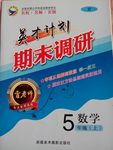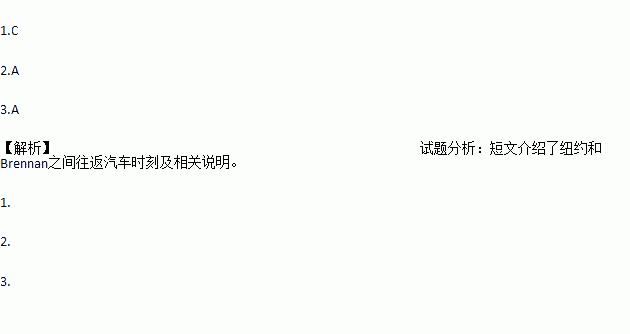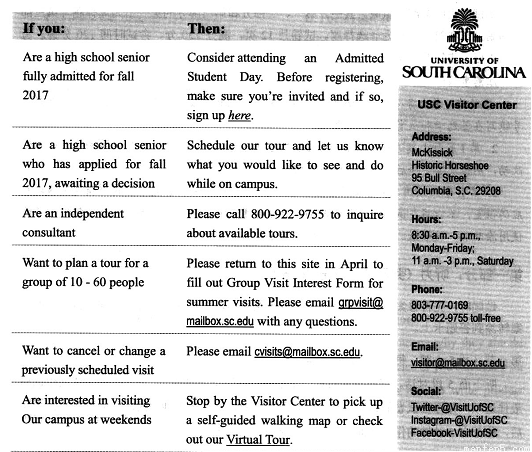题目内容
BUS SERVICE
New York City — Brennan, New Jersey
(Trip time: 30 minutes each way )
Timetable
●Buses leave the Railway Station, New York 7:00 a.m. and every half-hour thereafter(此后) until 11:30 p.m. (7 days a week).
●Buses leave Brennan Station 20 minutes before and after every hour from 6:20 a.m. to 10:40 p.m. (7 days a week ).
●Evening rush hours(5:00 p.m. to 7:00 p.m.) buses leave the Railway Station, New York every 15 minutes (Monday — Friday).
●Holidays: buses leave every hour on the hour time, each direction.
All tickets must be bought at Window 12, the Railway Station, New York, or at the Brennan Station Window before boarding buses.
1.What time does a bus leave New York for Brennan every Thursday?
A. 10:20 a.m. B. 6:30 a.m.
C. 6:45 p.m. D. 4:40 p.m.
2.Which is the latest bus you should take from Brennan if you have to arrive at the Railway Station, New York before 4:00 p. m. on Monday?
A. The 3:20 p. m bus B. the 3:00 p. m bus
C. The 3:30 p. m bus D. The 3:40 p. m bus
3.What time does a bus leave Brennan for New York on Christmas Day?
A. 1:00 p. m B. 9:40 a. m
C. 3:15 p. m D. 8:30 a. m
 英才计划期末调研系列答案
英才计划期末调研系列答案 精英口算卡系列答案
精英口算卡系列答案


 Sure enough, the current was now taking them closer to the beach and becoming_____.
Sure enough, the current was now taking them closer to the beach and becoming_____.